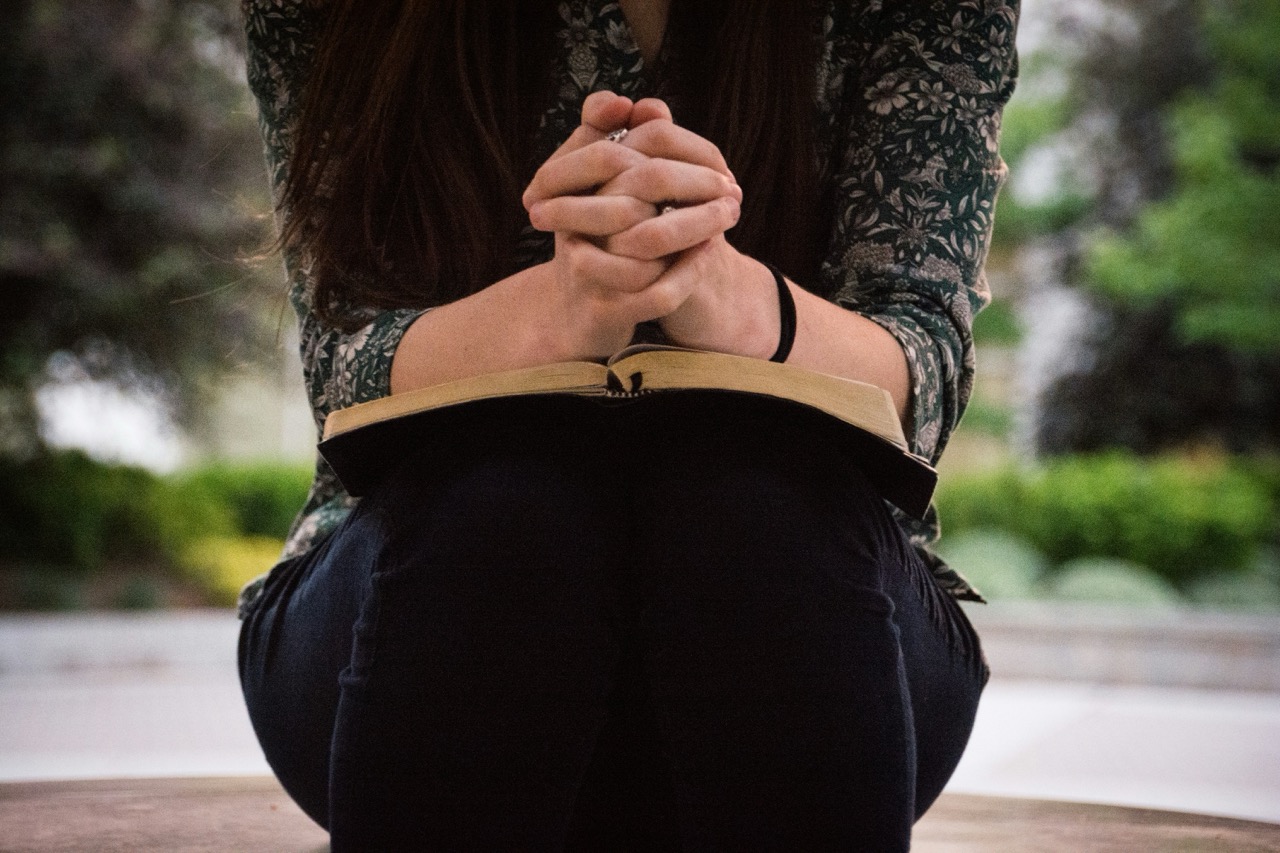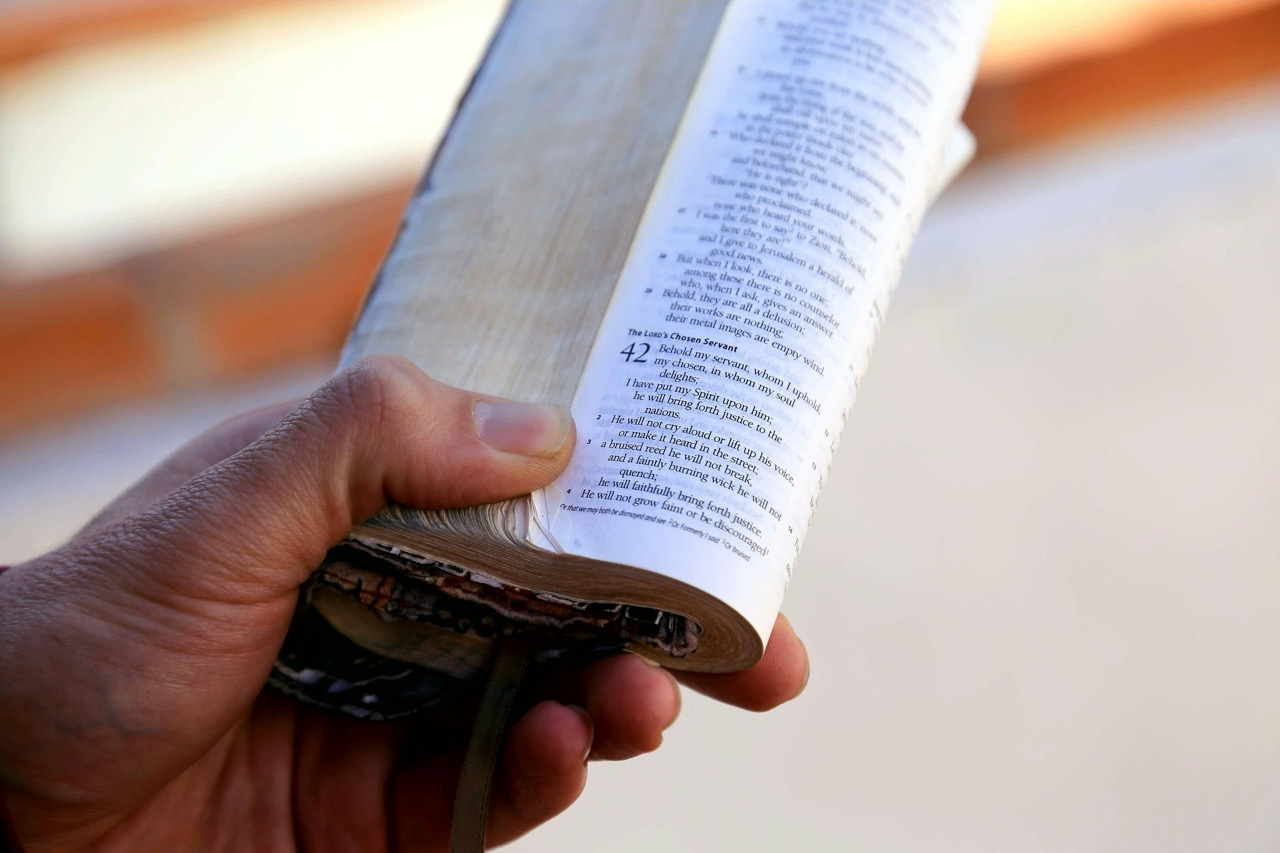The First Covenant: God’s Promises in Genesis

The concept of covenant is a central theme in the Bible, particularly in the Book of Genesis. A covenant is a solemn agreement or promise between God and humanity, marking a pivotal moment in the relationship between the divine and the mortal. In Genesis, the First Covenant serves as a foundational narrative that outlines God’s intentions and promises to humankind, setting the stage for the unfolding story of salvation. This article delves into the First Covenant, exploring its understanding, key figures, theological significance, and its lasting impact on biblical narratives.
Understanding the First Covenant in the Book of Genesis
The First Covenant in Genesis is often seen through the lens of God’s promises made to Noah after the cataclysmic flood. This covenant, found in Genesis 9:8-17, is characterized by God’s commitment not to destroy the earth with a flood again, symbolized by the rainbow. Here, God establishes a relationship not only with Noah but with all living creatures, emphasizing His mercy and faithfulness. This moment signifies a new beginning for humanity, re-establishing the order of creation and affirming God’s ongoing presence in the world.
Moreover, this covenant introduces the concept of divine promise and human responsibility. God instructs Noah and his descendants to be fruitful and multiply, emphasizing the continuation of life and the stewardship of creation. The promise of the rainbow serves as a reminder for both God and humanity, reinforcing the idea that covenants are not merely agreements but are relational commitments. This profound act of reassurance lays the groundwork for the nature of future covenants in the biblical narrative.
Finally, the covenant with Noah serves as a pivotal turning point in the biblical account of humanity’s relationship with God. It highlights the themes of judgment and grace, illustrating God’s willingness to preserve life despite human shortcomings. This promise, therefore, acts as a cornerstone for understanding the covenants that follow, including those made with Abraham, Moses, and David, all of which build upon the themes and principles established in Genesis.
Key Figures Involved in God’s Promises to Humanity
In the context of the First Covenant, Noah is the primary figure through whom God’s promises are articulated. As the last righteous man in a corrupted world, Noah represents humanity’s potential for obedience and faithfulness. His actions—building the ark and preserving the animals—demonstrate his commitment to God’s directives. After the flood, Noah’s role transitions from a survivor to a covenant partner, as he receives God’s promises and carries the responsibility of repopulating the earth with his descendants. This shift emphasizes the importance of individual agency in the broader narrative of divine-human relationships.
Another significant figure in this covenant is God Himself, who initiates the promises and establishes the terms of the relationship. God’s choice to spare Noah and his family illustrates a divine commitment to humanity despite its failings. By including all living creatures in the covenant, God expands the scope of His promises, emphasizing the interconnectedness of creation. This divine initiative serves as a model for understanding future covenants, as it reveals a God who desires not only to judge sin but also to restore and redeem creation.
Lastly, the descendants of Noah—Shem, Ham, and Japheth—represent the continuity of God’s covenant with humanity. Their roles in the repopulation of the earth signify the ongoing implications of God’s promises beyond the immediate context of Noah’s experience. The genealogies that follow in Genesis serve to connect the covenant promises through generations, illustrating how God’s faithfulness persists long after the initial covenant was made. Thus, the legacy of Noah and his family is integral to the unfolding narrative of God’s ongoing relationship with humanity.
Theological Significance of the First Covenant Explained
The First Covenant holds profound theological significance as it establishes the nature of God’s relationship with humanity. Central to this covenant is the theme of grace; despite humanity’s inclination towards sin—as depicted in the narrative of the flood—God chooses to extend mercy by preserving Noah and the promise of a future devoid of global destruction. This act of grace serves as a precursor to the more comprehensive covenants that will follow, reinforcing the idea that God’s plans are rooted in love and redemption.
Furthermore, the First Covenant introduces the concept of divine justice alongside grace. The flood serves as a dramatic demonstration of God’s judgment on a corrupt world, yet the establishment of a covenant signifies that judgment is not the final word. Instead, God’s commitment to the earth indicates a divine intention to engage with humanity in a redemptive manner. This duality of grace and justice would become a recurring theme throughout the biblical narrative, shaping the understanding of God’s character in both the Old and New Testaments.
Additionally, the First Covenant lays the groundwork for the future covenants by framing the context in which they are understood. Each subsequent covenant—whether with Abraham, Moses, or David—builds upon the foundational elements established in the covenant with Noah. The promises made in Genesis resonate with the hope of restoration and fulfillment, illustrating a progressive revelation of God’s plan for humanity. Thus, the First Covenant not only impacts theological discourse but also shapes the entire trajectory of biblical history.
Lasting Impact of the First Covenant on Biblical Narratives
The impact of the First Covenant extends far beyond its immediate context in Genesis, influencing subsequent narratives throughout the Bible. The themes of promise, redemption, and divine faithfulness established through the covenant with Noah echo throughout scripture, shaping the understanding of God’s interactions with His people. The rainbow, as a symbol of this covenant, has become an enduring reminder of God’s mercy and the hope that accompanies His promises, serving as a touchstone for faith across generations.
As the biblical narrative unfolds, the First Covenant serves as a foundational backdrop for the development of later covenants that further define God’s relationship with humanity. For instance, the Abrahamic Covenant introduces the idea of a chosen people, hinting at the fulfillment of God’s promises made to Noah through the establishment of a nation. Similarly, the Mosaic Covenant emphasizes obedience and the law, connecting back to the principles of stewardship and responsibility articulated in the First Covenant.
Moreover, the First Covenant’s legacy can be seen in the overarching narrative of salvation history. The themes of judgment and grace seen in the flood and the subsequent covenant serve as a precursor to the New Testament’s message of redemption through Christ. The promise of God’s faithfulness is ultimately fulfilled in the person of Jesus, who embodies the culmination of the covenants and the hope for all creation. Thus, the First Covenant remains a foundational element in the tapestry of biblical theology, shaping the understanding of God’s ongoing interaction with humanity throughout history.
In conclusion, the First Covenant in Genesis represents a pivotal moment in the relationship between God and humanity. Through the promises made to Noah, we gain insight into the nature of divine grace, justice, and the call to stewardship. The key figures involved, including Noah and God, highlight the relational aspect of the covenant, while the theological significance underscores the continuity of God’s promises throughout scripture. As the lasting impact of this covenant reverberates through biblical narratives, it becomes clear that the First Covenant is not a mere historical footnote but a foundational component of the broader story of God’s redemptive plan for humanity.




